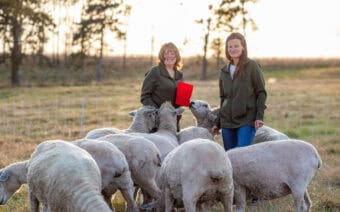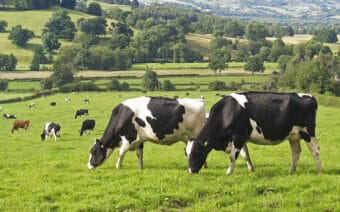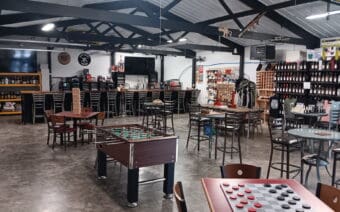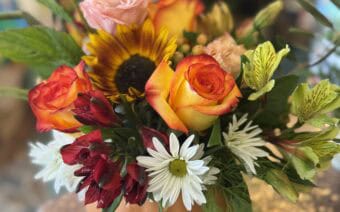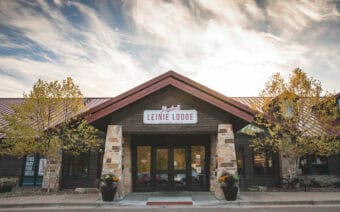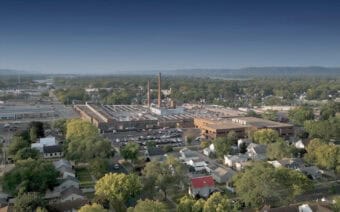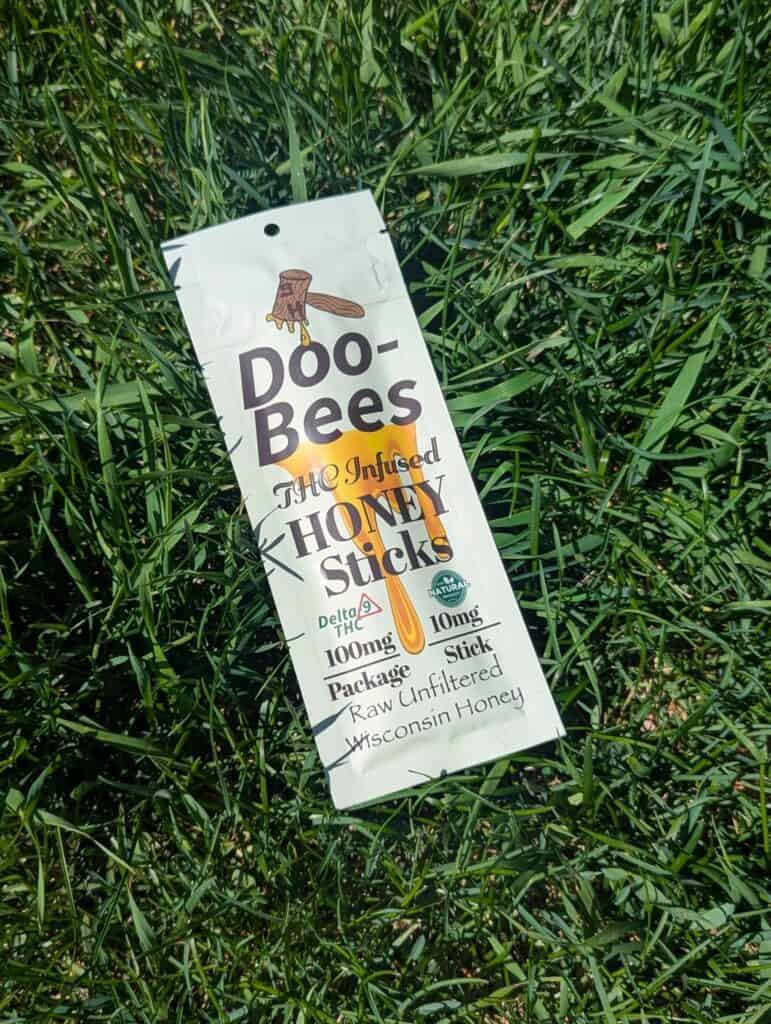
September 29, 2025
EAU CLAIRE – Wisconsin-based Doo-Bees is turning heads with its hemp-infused honey straws.
After stepping away from the medical cannabis industry, Founder and Owner Evan Peterson said he went back to school to pursue opportunities “in the real world.”
“When I left Michigan, I left the medical cannabis industry,” he said.
After moving to Minnesota and meeting his then-future wife, Peterson said he started experimenting with making his own edibles.
“When I met the woman who would later become my wife, she didn’t smoke cannabis, but she was into edibles,” he said. “So, obviously having a background [in medical marijuana] and wanting to find more connection with this woman that I [knew I] wanted to marry, I started making edibles.”
Realizing that many products on the market were heavily processed, Peterson, drawing on his farming roots, said he decided to create a more natural alternative by infusing honey.
“[I’m a] super supporter of pollinators and the local business that is local pollinators,” he said. “So, that’s why we tried to start infusing with honey, [because it’s] clearly a much better alternative than candy – the whole [THC edible] industry is candy for the most part – and that’s really where my passion for the product started.”
When the State of Minnesota legalized recreational marijuana use in 2023 (according to the Minnesota Legislative Reference Library), Peterson said he and his business partner “started experimenting with cannabis-infused honey.”
“The cannabis is oil-based and honey is water-based, so it’s not as easy as mixing the two together to get a stable product,” he said. “We were able to stabilize it and found it was a fun product, [but] we never really had the goal of monetizing it until we decided to learn more about the Minnesota cannabis lottery.”
Initially seeking to start their business in Minnesota, Peterson said the state’s cannabis retailer licensing lottery system created a high barrier to entry into the state’s marijuana market.
Wisconsin’s hemp industry, however, he said, presented viable options, even though recreational marijuana remains illegal in the state.
“I just didn’t feel comfortable investing in [Minnesota’s] markets, and we knew some people who were involved in the Wisconsin hemp edible market,” he said. “It was a market with a little more restriction on how you could do it, but the barrier to entry is a lot lower.”
Peterson said the hemp industry helps level the playing field for smaller THC outfits that are competing with larger marijuana companies.
“If you look at Michigan, there are 25 companies that run the whole state, [and] California is much the same way,” he said. “So, the hemp market kind of allows mom-and-pop businesses to still have a place to compete.”
In 2024, Peterson said he and his business partner invested in equipment to produce THC-infused honey straws and moved production to the Eau Claire area, where Doo-Bees was born Jan. 1, 2025.
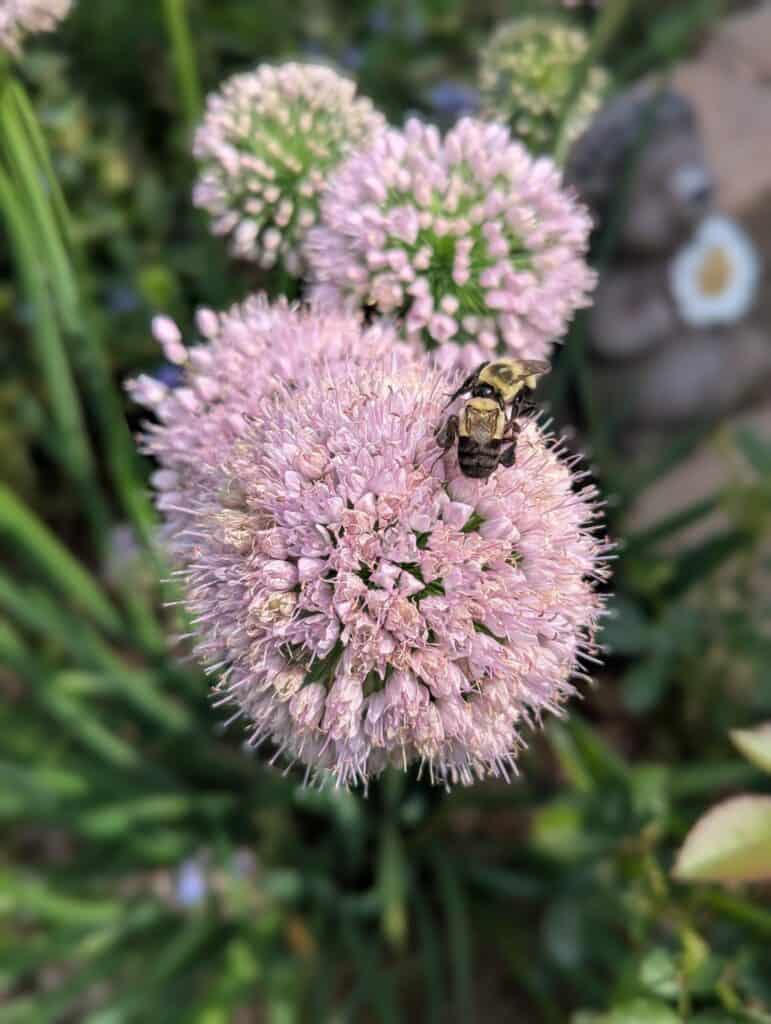
Wisconsin, honey straws made sense
During the company’s experimentation period, Peterson said the State of Minnesota’s restrictions on THC were blanketed across both the hemp and marijuana industries.
“Everything has to be individually packaged, [and in] Minnesota, the law capped it [at] five milligrams when they legislated legal cannabis,” he said. “So, we couldn’t make a [THC-infused] honey bear.”
That’s when, Peterson said, they decided to purchase their manufacturing equipment to start making these straws.
Furthermore, he said Minnesota regulations set specific requirements for the distribution of all THC products, whether derived from hemp or marijuana.
“I couldn’t move an input to my production facility without hiring a company to do it,” he said. “That was just one of many regulations that – for the small type of business that hemp is – we thought were going to [make it] very difficult for us.”
Finding Wisconsin didn’t share in Minnesota’s hemp regulations, Peterson said the decision to establish their business in the dairy state made sense.
“We never set up the [honey straw] machine in Minnesota – we brought it to a commercial kitchen we were renting there through a partner company and then made the decision to transport it to Wisconsin,” he said.
In conjunction with their full-time work schedules, Peterson said it took a few months of nights and weekends to calibrate and dial in their machinery following its time in transit before officially launching Doo-Bees.
Supporting local
From Doo-Bees’ packaging to the honey infused with responsibly sourced hemp-derived THC, Peterson said his company is “always willing to pay more for Wisconsin” products.
“I wanted to support everything locally – especially honey,” he said. “The locally sourced honey is so important for your immune system, for allergy [care] and for the maintenance of most of our crops.”
In keeping with their commitment to locally sourced materials, Peterson said they also partner with The Sticker Spot, an Eau Claire-based custom sticker shop that handles all of Doo-Bees’ advertising materials and product packaging.
Maintaining Doo-Bees’ local identity, Peterson said, is even more important now as the industry sees increasing consolidation by large corporations.
“Our money is going back into Wisconsin [because we strive to be] a local company – a community integrated company – not just a cannabis company,” he said.
Rather than selling directly to consumers, Peterson said Doo-Bees operates through wholesale distribution, supplying its products to smoke shops, tobacco outlets and other retail or food service establishments across the state.
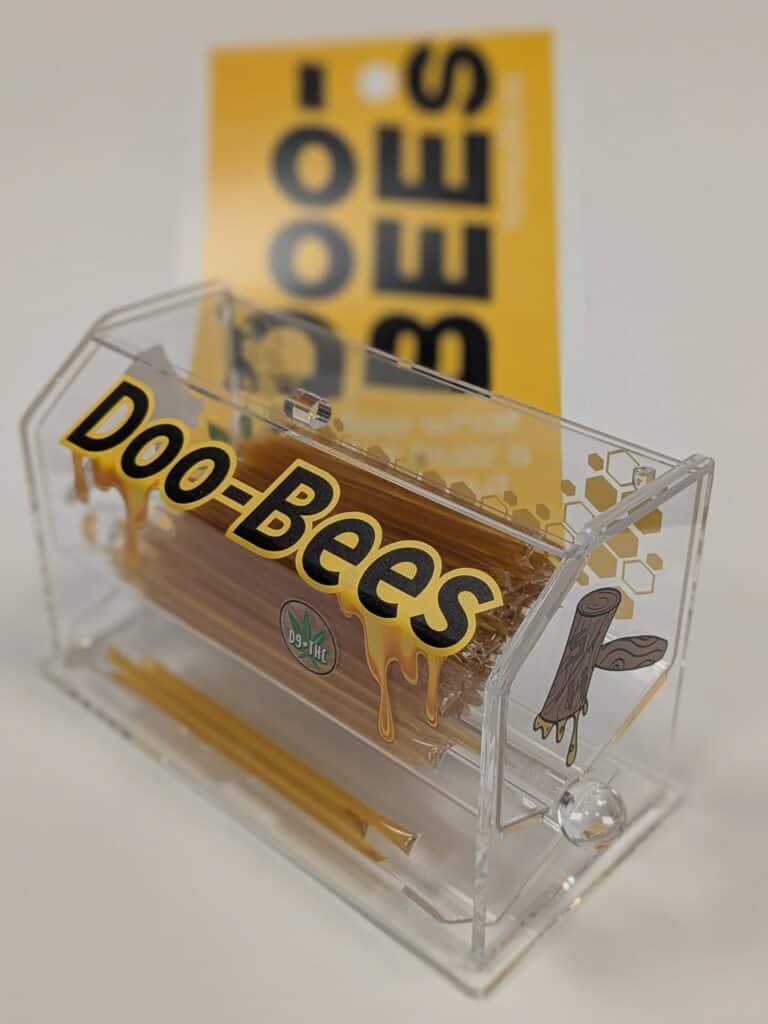
“Our goal is to be a boutique cannabis product that you see, [for example], at a high-end coffee shop, a tavern, local vape shops – anywhere you could think of,” he said. “We support the sale through the store to the end user, [and] it’s never enough just to make a sale… We really want to educate their employees on what it is that we have and how local it is.”
Education and purposeful distribution, Peterson said, not only makes a difference in the growth of Doo-Bees but in the success of Wisconsin’s hemp industry overall.
“Our mantra of business is, ‘Don’t compete against the people you’re selling to,’” he said. “So, we have an online presence, and we try to grow awareness of our products with our online presence, but we don’t sell anything online – that’s the store’s job and our partners’ job. Our job is to educate people and send them to the places where they can buy them.”
To further educate the public and spark more interest in the growing industry, Peterson said he and other local business owners are collaborating to launch a free, bi-monthly magazine and coupon book serving western Wisconsin.
“[The goal is to] help strengthen the community of people who are selling these kinds of products by having a localized, integrated magazine that celebrates the local industry and helps people advertise [so] more eyes are seeing their products or their stores than normal,” he said.
What’s the difference?
In 2018, the U.S. Federal Government legalized the cultivation of hemp with the Farm Bill – which, according to the USDA, opened a door to a market where, in states where marijuana is not legalized recreationally, people can legally grow and sell non-medicinal THC products.
“So, in essence, Delta-9 THC is the active ingredient in both hemp and marijuana,” Peterson said. “The difference is the amount that’s found in each [plant].”
In accordance with the Farm Bill, Peterson said hemp-derived THC products may contain “no more than 0.3% Delta-9 THC by dry weight.”
“A lot of the marijuana out there is going to [contain] 30% Delta-9 THC by dry weight, or more,” he said. “There’s not a regulation on the amount that can be in marijuana. When you extract Delta-9 THC [from hemp], you’re extracting the exact same chemical [but at a much lower dry weight percentage].”
Aside from producing Doo-Bees, Peterson said they also help manufacture non-THC-infused honey straws for local beekeepers.
“The honey straw-manufacturing company is actually called Golden Infusions, but Doo-Bees is one of our products,” he said. “We do manufacture regular honey straws for local bee farmers, [because] our machine is very unique, and the business model of most honey farmers wouldn’t support them purchasing a piece of capital investment like [ours just to make honey straws].”
Peterson said Doo-Bees are also “100% water soluble” – making them a popular additive to whatever a customer’s drink of choice may be.
“You can easily use this product, mix it into any soda or any juice you want, and you’ve made your own beverage at a fraction of the cost,” he said. “That, I think, makes us a little bit more versatile, because it is a single serving, a liquid additive, you can eat it on its own, it’s delicious… and 13 calories total.”
To learn more about hemp-derived THC products, and for a full list of retailers carrying Doo-Bees, visit its Facebook page or parent company website – sludgehammerllc.com.
 The art of baking: From art galleries to the kitchen
The art of baking: From art galleries to the kitchen A human-centered approach to high-end design
A human-centered approach to high-end design


